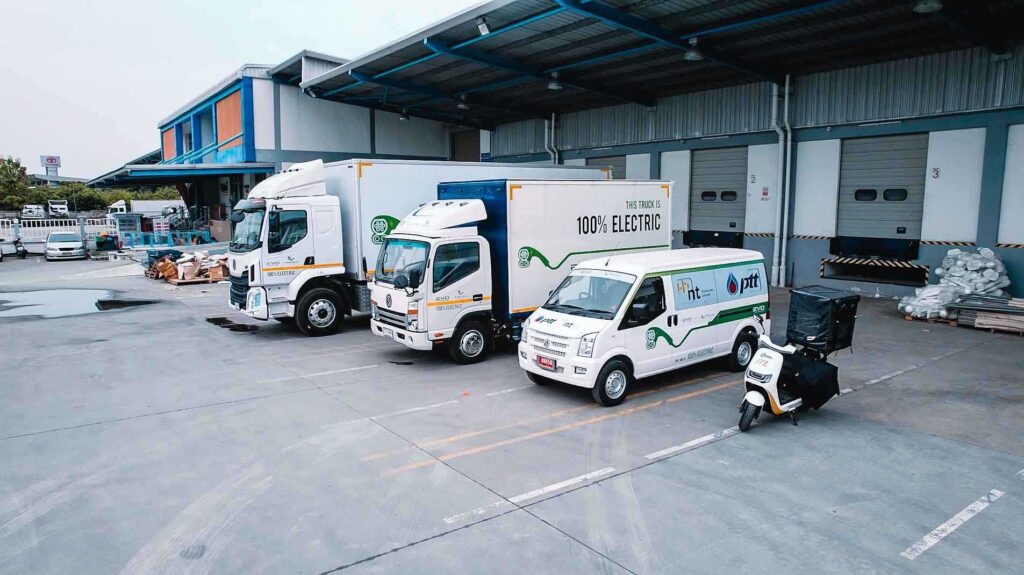
Over the next five years, Thailand anticipates that investments in electric vehicles and related technologies will exceed 200 billion THB (US$5.5 billion).
BANGKOK: While the electric vehicle (EV) industry has faced slowdowns in regions like the United States, Thailand remains steadfast in its goal to become Southeast Asia’s leading EV manufacturing hub. The Board of Investment (BOI), which encourages foreign investment in Thailand, has approved 24 projects from automakers for the production of various electric vehicles, including battery and hybrid models. These projects are set to produce over half a million EV units annually. The BOI projects that investments in EVs and related technologies will total more than 200 billion THB (US$5.5 billion) over the next five years.
Efforts to Establish a Manufacturing Hub
Since Prime Minister Srettha Thavisin’s government took office last September, Thailand has been intensifying its efforts to become Southeast Asia’s electric vehicle manufacturing hub. To enhance the attractiveness of the sector, the country has significantly reduced the excise tax on electric cars from 8% to just 2%. Additionally, EV manufacturers can benefit from up to 40% reductions on import duties for fully built-up units. These tax incentives apply to vehicles priced up to 2 million THB.
Thailand is also working to attract operators of EV battery and charging stations to establish their facilities in the country. “Thailand is the first in the region to introduce comprehensive and aggressive measures to support the EV industry. We are not only focusing on vehicle production but also on key components manufacturing,” stated Narit Therdsteerasukdi, Secretary-General of the Office of the BOI.
Krisda Utamote, President of the Electric Vehicle Association of Thailand, expressed optimism about the sector’s growth, noting recent positive developments. He believes that maintaining this momentum will solidify Thailand’s position as a major EV production hub in ASEAN.
The automotive manufacturing sector plays a crucial role in Thailand’s economy, contributing about 10% to the GDP and providing over 850,000 jobs.
Boosting the Number of Zero-Emission Vehicles
Thailand aims to have 30% of all vehicles produced in the country—approximately 725,000 cars and 675,000 motorbikes—be zero-emission by 2030.
